Description
Beehive on Rent a Service For Pollination Anywhere in India
The Importance of Honey Bee Pollination Services
Honey bee pollination services play a crucial role in agriculture by supporting the reproduction of fruits, vegetables, nuts, and other crops. Farmers rely on managed honey bee colonies to enhance pollination, leading to better yields and higher-quality produce. Without these vital pollinators, global food production would suffer significantly.
Why Honey Bee Pollination Services Matter
1. Boosting Crop Yields
Many crops depend on pollinators for fertilization. Honey bees ensure better fruit and seed production, resulting in higher yields and improved harvests.
2. Enhancing Crop Diversity
By pollinating a wide variety of plants, honey bees contribute to diverse diets. They help sustain essential food sources such as apples, almonds, berries, and oilseeds.
3. Supporting Economic Growth
The economic impact of honey bee pollination services is immense. Farmers and agricultural industries generate billions of dollars from crops that rely on honey bee activity.
How Honey Bees Assist in Pollination
1. Efficient Pollination
As honey bees collect nectar and pollen, they transfer pollen from flower to flower, ensuring successful fertilization.
2. Consistent Foraging Patterns
Honey bees tend to visit the same type of flower during each foraging trip. This increases pollination efficiency for specific crops.
3. Nonstop Activity
Honey bees pollinate from sunrise to sunset, maximizing pollination throughout the day.
Key Aspects of Honey Bee Pollination Services
1. Renting Bee Colonies
Farmers often rent honey bee colonies to ensure effective pollination during the blooming season.
2. Pollination Agreements
Beekeepers and farmers establish pollination contracts that define colony numbers, service duration, and payment terms.
3. Colony Management
Beekeepers maintain healthy and strong colonies to maximize pollination efficiency.
4. Strategic Bee Transportation
Honey bee colonies get transported to farms and orchards during the flowering period to optimize pollination efforts.
Benefits of Honey Bee Pollination Services
- Higher Crop Yields: Proper pollination increases the quantity and quality of produce.
- Superior Crop Quality: Well-pollinated fruits and vegetables develop better shape, size, and texture.
- Increased Profitability: Farmers earn higher revenues from crops that benefit from honey bee pollination.
Challenges Facing Honey Bee Pollination
1. Declining Pollinator Health
Pesticides, habitat loss, and diseases threaten honey bee colonies, reducing their effectiveness as pollinators.
2. Colony Collapse Disorder (CCD)
CCD, a mysterious phenomenon causing entire bee colonies to die, remains a major concern for beekeepers and researchers.
3. Pesticide Exposure
Harmful pesticides weaken honey bee populations. Sustainable pest management practices help reduce risks to pollinators.
Sustaining Honey Bee Pollination Services
1. Bee-Friendly Farming Practices
Supporting pollinators involves planting diverse crops, minimizing pesticide use, and providing natural habitats.
2. Research and Education
Ongoing studies on bee health and sustainable pollination practices ensure the long-term viability of honey bee populations.
Conclusion
Honey bee pollination services remain essential for global agriculture and food security. Protecting bee populations through sustainable farming, conservation efforts, and scientific research ensures that these pollinators continue to support ecosystems and economies worldwide. By prioritizing bee health, farmers and beekeepers can maintain the productivity and diversity of our food supply for generations to come.

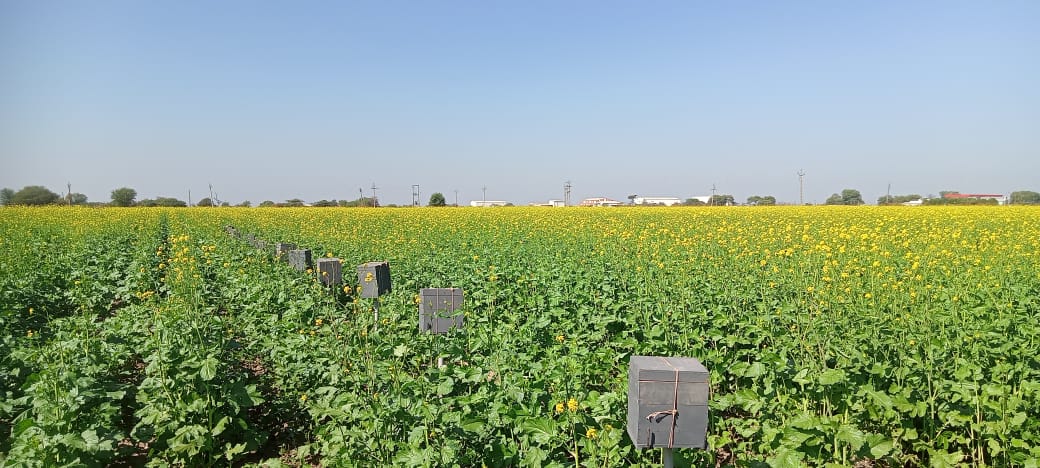
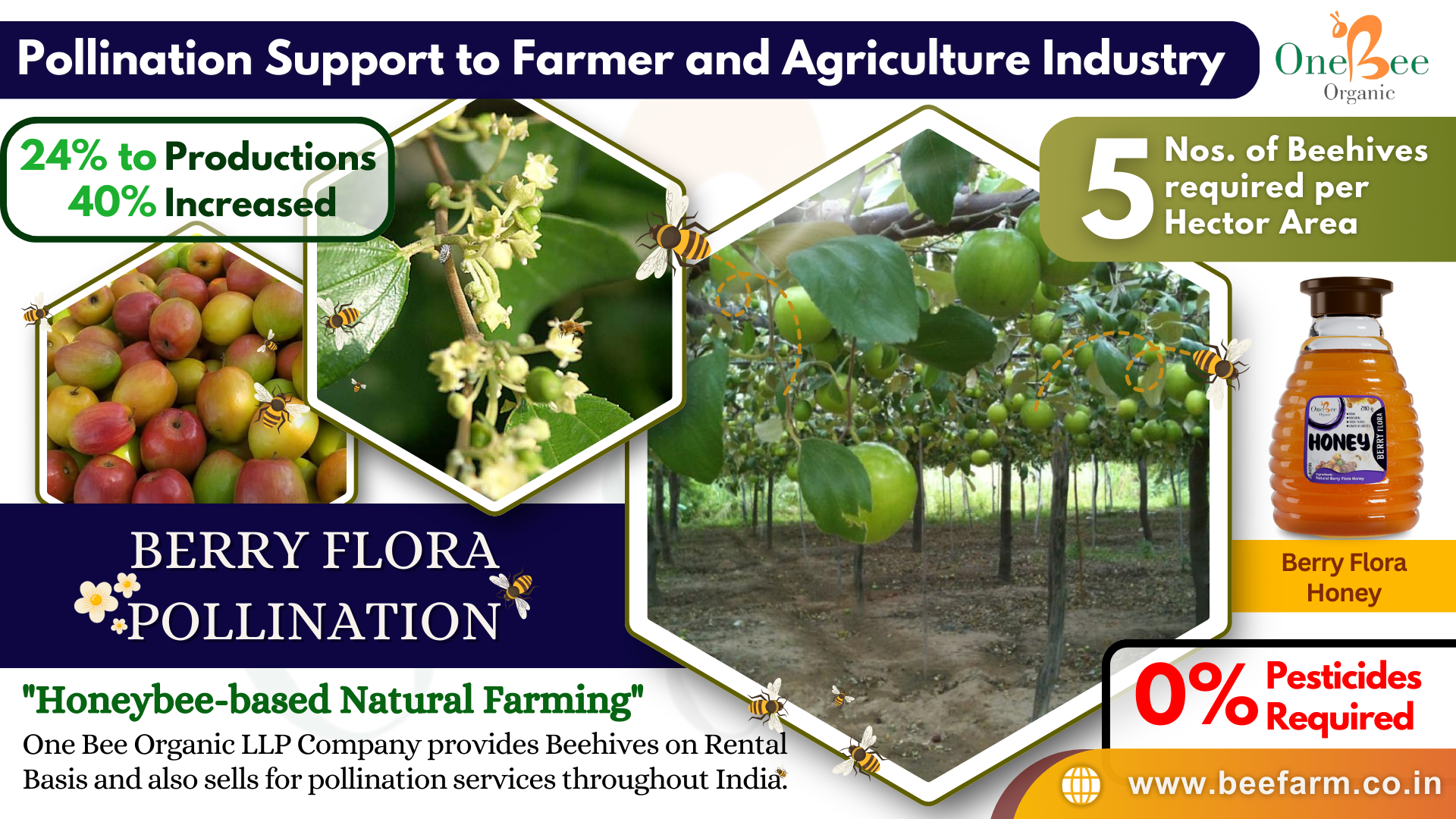
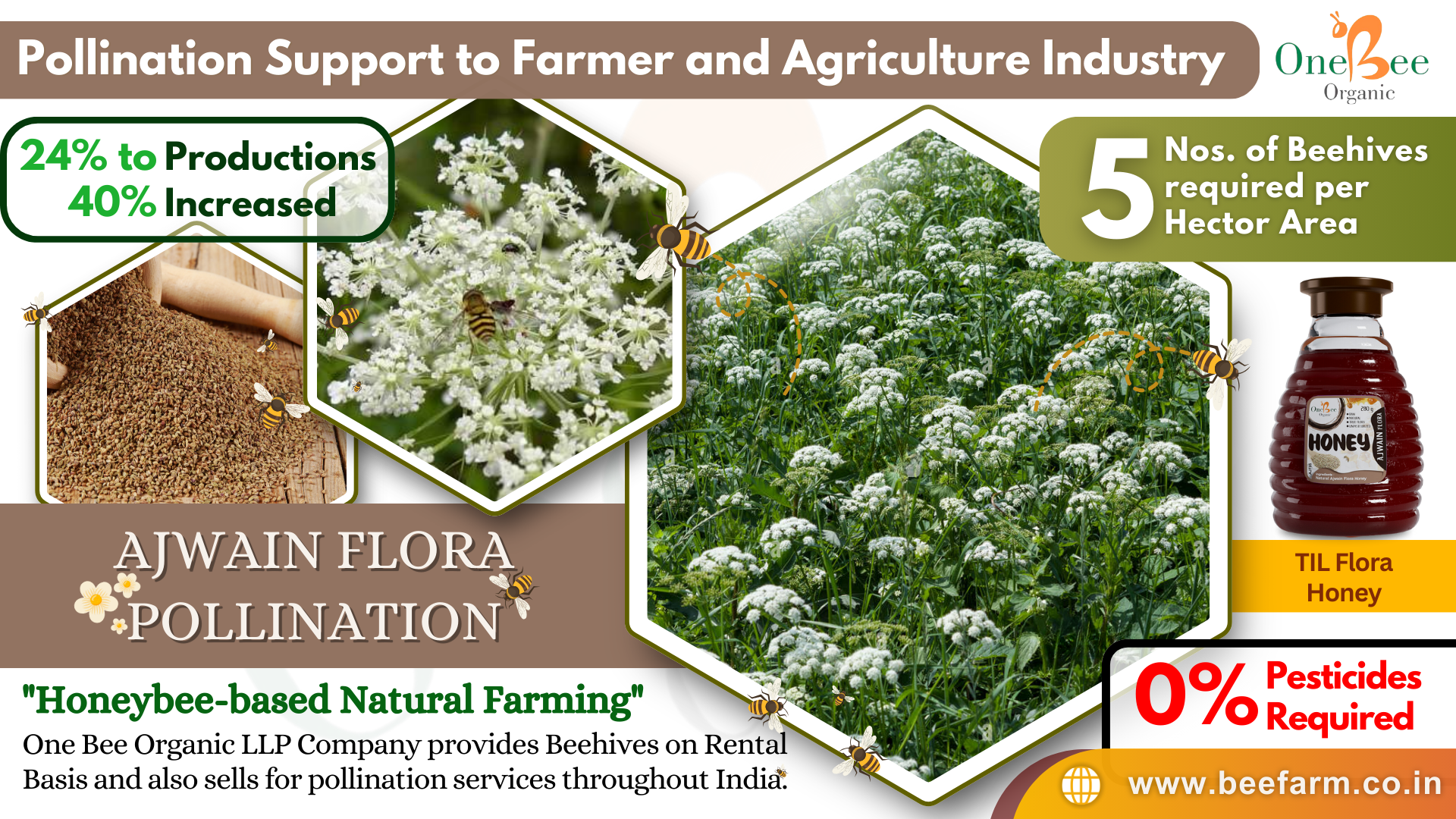

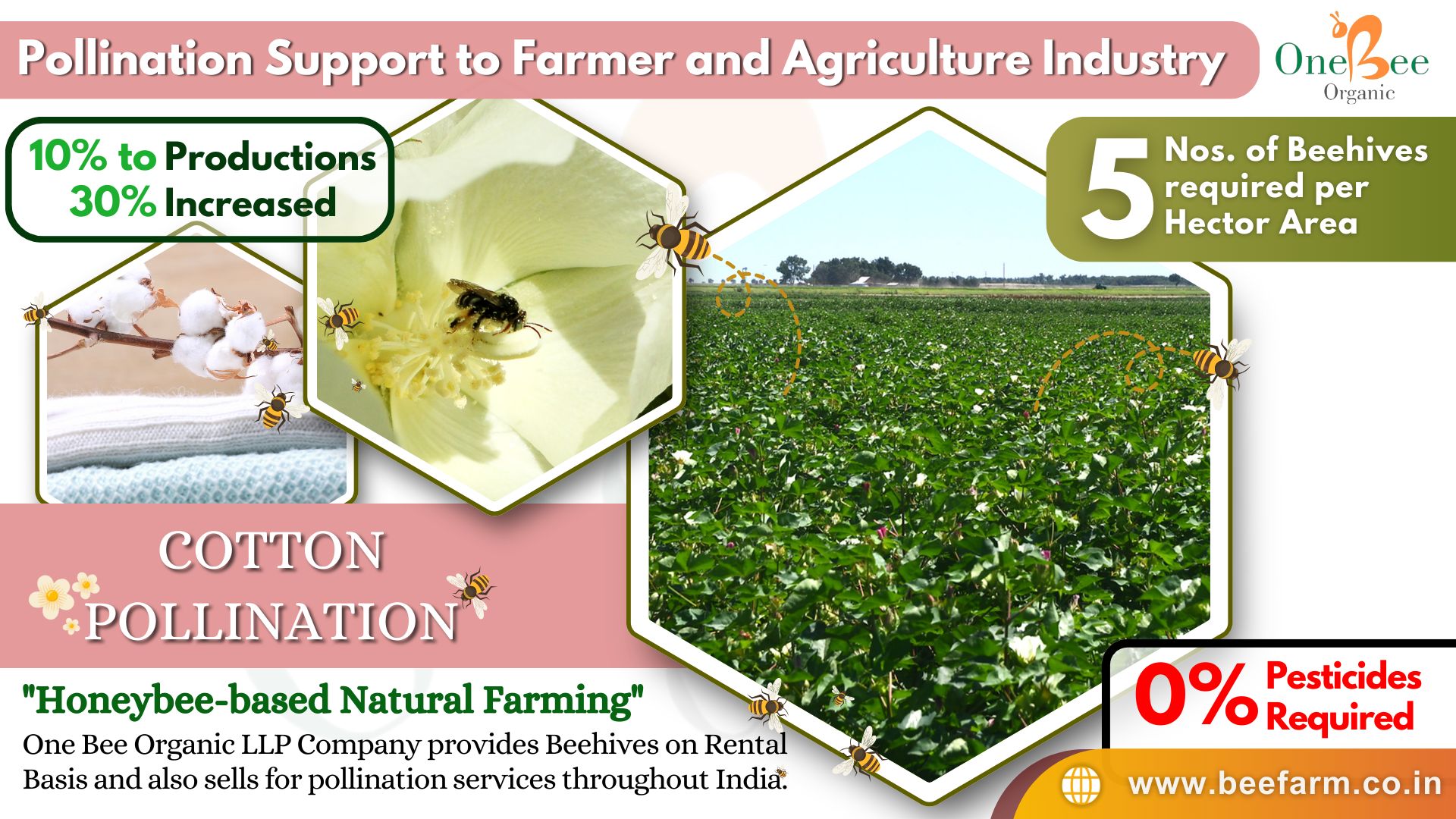



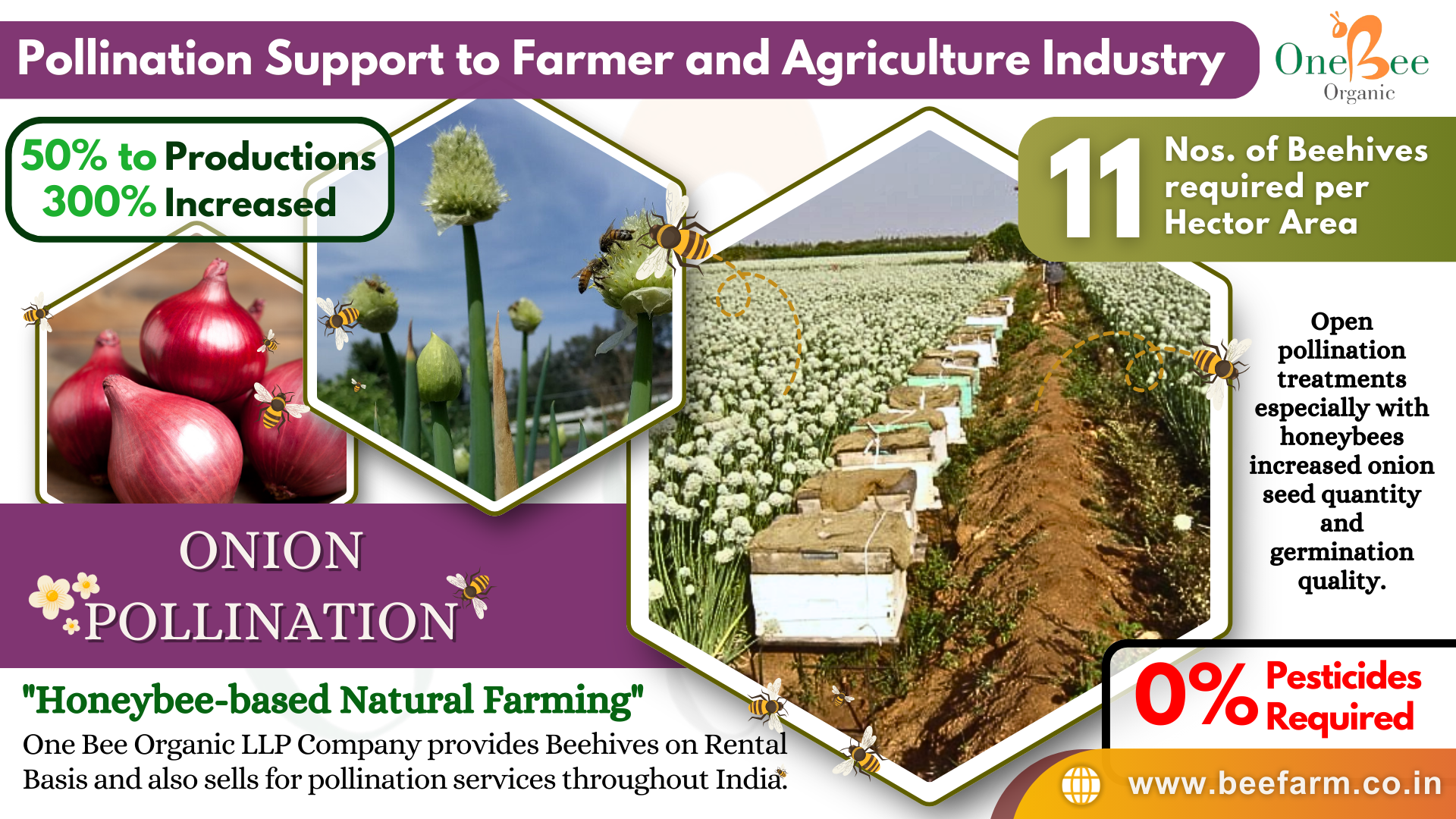



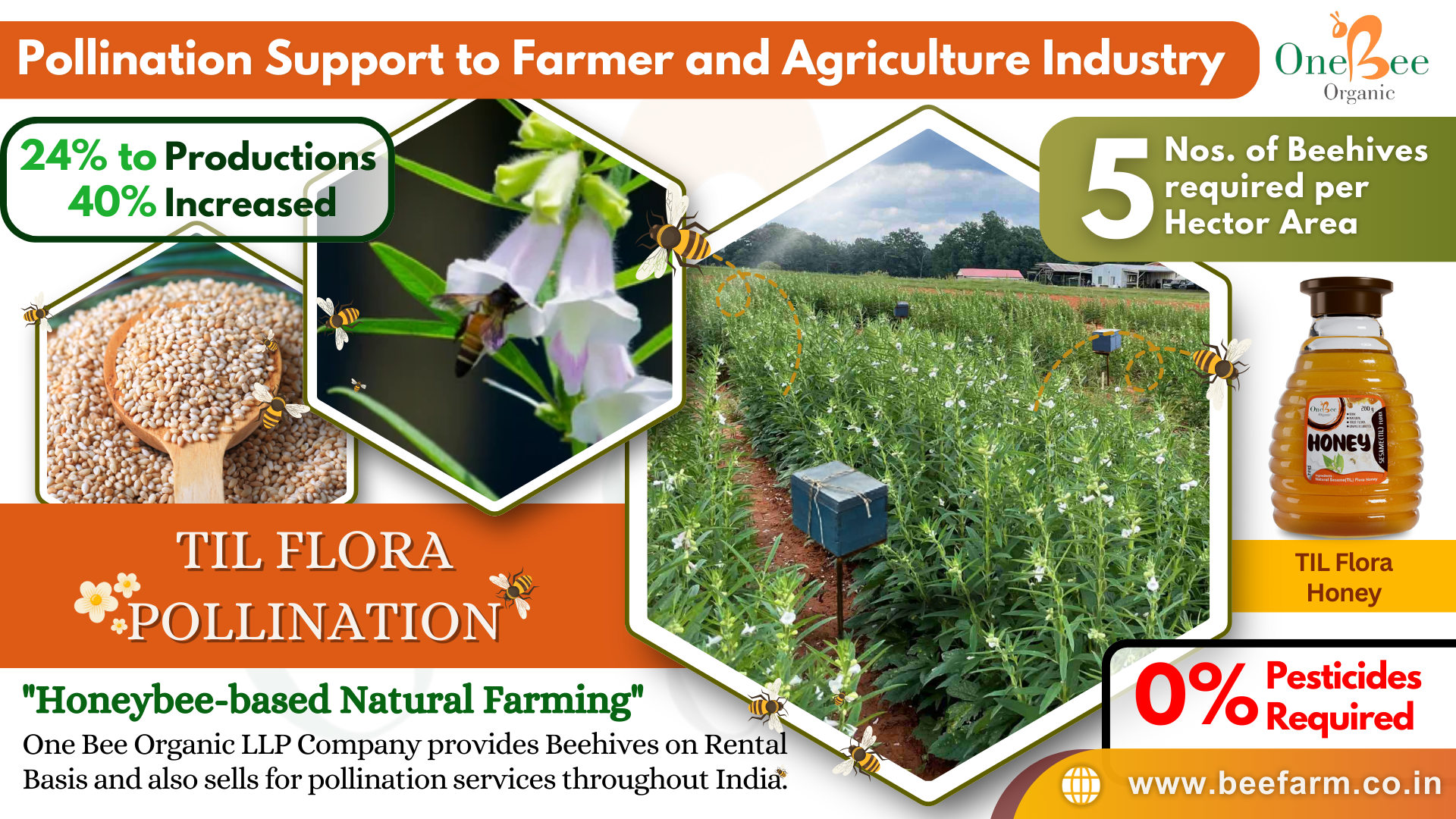





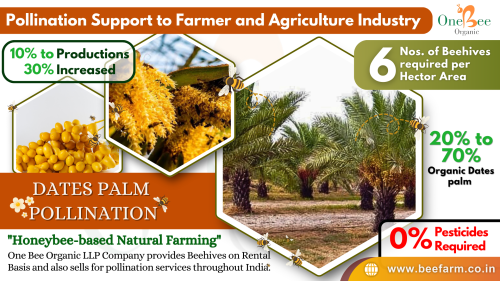
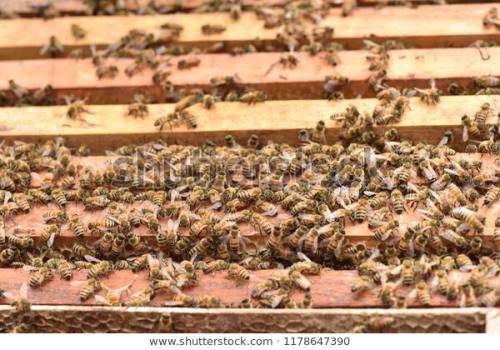
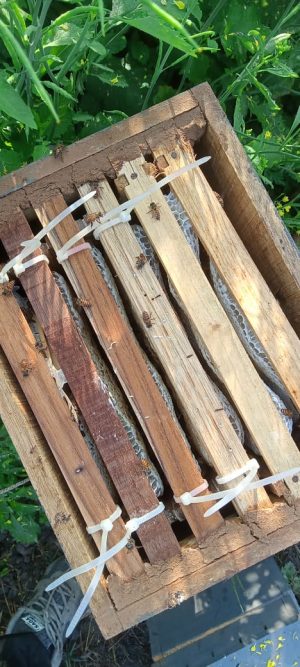
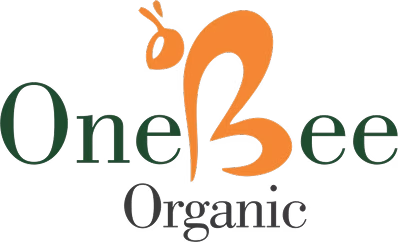
Reviews
There are no reviews yet.